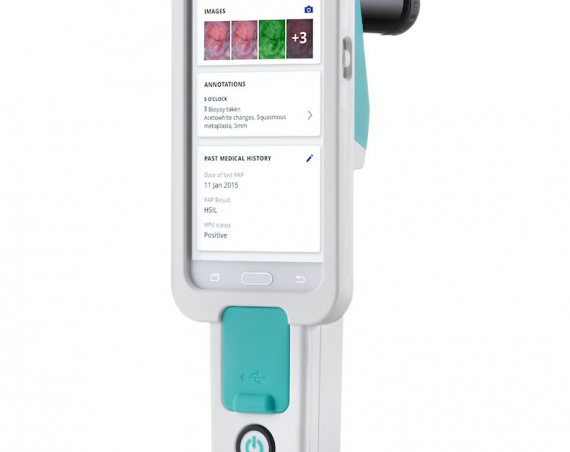
The U.S. Food and Drug Administration (FDA) has approved Zurzuvae (zuranolone), the first oral medication indicated to treat postpartum depression (PPD) in adults. PPD is a major depressive episode that typically occurs after childbirth but can also begin during the later stages of pregnancy. Until now, treatment for PPD was only available as an IV injection given by a healthcare provider in certain healthcare facilities.
“Postpartum depression is a serious and potentially life-threatening condition in which women experience sadness, guilt, worthlessness—even, in severe cases, thoughts of harming themselves or their child. And, because postpartum depression can disrupt the maternal-infant bond, it can also have consequences for the child’s physical and emotional development,” said Tiffany R. Farchione, M.D., Director of the Division of Psychiatry in the FDA’s Center for Drug Evaluation and Research. “Having access to an oral medication will be a beneficial option for many of these women coping with extreme, and sometimes life-threatening, feelings.”
As with other forms of depression, PPD is characterized by sadness and/or loss of interest in activities that one used to enjoy and a decreased ability to feel pleasure. It can present with symptoms such as cognitive impairment, feelings of sadness or inadequacy, loss of energy or suicidal ideation.
The efficacy of Zurzuvae for the treatment of PPD in adults was demonstrated in two randomized, double-blind, placebo-controlled, multicenter studies. The trial participants were women with PPD who met the Diagnostic and Statistical Manual of Mental Disorders criteria for a major depressive episode and whose symptoms began in the third trimester or within four weeks of delivery. In Study 1, patients received 50 mg of Zurzuvae or placebo once daily in the evening for 14 days. In Study 2, patients received another zuranolone product that was approximately equal to 40 mg of Zurzuvae or placebo, also for 14 days. Patients in both studies were monitored for at least four weeks after the 14-day treatment. The primary endpoint of both studies was the change in depressive symptoms using the total score from the 17-item Hamilton depression rating scale (HAMD-17), measured at day 15. Patients in the Zurzuvae groups showed significantly more improvement in their symptoms compared to those in the placebo groups. The treatment effect was maintained at Day 42—four weeks after the last dose of Zurzuvae.
The FDA granted this application Priority Review and Fast Track designation. Approval of Zurzuvae was granted to Sage Therapeutics.



